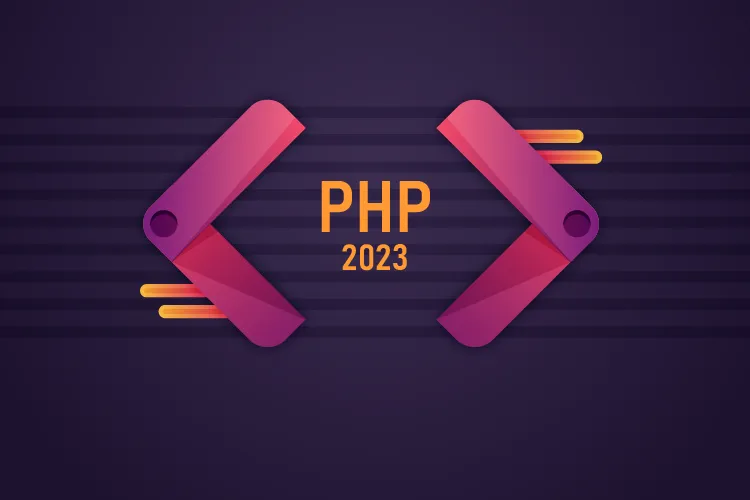In the ever-changing landscape of web development, where new languages and frameworks emerge at a rapid pace, PHP stands as a stalwart, proving its enduring relevance even in 2023. Despite the proliferation of alternatives, PHP remains a cornerstone of web development, powering a significant portion of the internet. Here are several reasons why PHP maintains its significance and continues to thrive.
✈ Maturity and Stability:
PHP has been around for over two decades, evolving significantly over time. Its maturity is a testament to its stability and robustness. Major updates, particularly with PHP 7 and subsequent versions, have enhanced its performance, making it more competitive with newer languages.
✈ Vast Ecosystem:
The PHP ecosystem is vast, with a myriad of frameworks and libraries like Laravel, Symfony, and CodeIgniter, offering developers the flexibility to choose tools that suit their project requirements. These frameworks streamline development processes, making PHP an attractive choice for building web applications of varying complexities.
✈ Wide Adoption:
Many popular content management systems (CMS) like WordPress, Drupal, and Joomla are built on PHP. These platforms power millions of websites worldwide, showcasing PHP’s widespread adoption and reliability in handling diverse web development needs.
✈ Community Support:
PHP boasts a vibrant and active community. Developers globally contribute to its growth by sharing knowledge, creating extensions, and providing support through forums and online communities. This robust support network ensures continuous improvement and aids developers in problem-solving.
✈ Performance Enhancements:
PHP has significantly improved its performance with each new version. With features like opcode caching, JIT (Just-In-Time) compilation, and other optimizations, PHP’s speed and efficiency have increased, addressing historical concerns about its performance compared to other languages.
✈ Compatibility and Flexibility:
PHP seamlessly integrates with various databases, web servers, and operating systems, offering developers flexibility in their development environment. Its compatibility with different platforms and technologies allows for easier integration and deployment in diverse settings.
✈ Backward Compatibility:
PHP’s commitment to maintaining backward compatibility ensures that applications built in older versions can continue to function smoothly without major rewrites. This aspect is crucial for businesses and developers dealing with legacy systems.
✈ Server-Side Scripting:
PHP’s primary purpose as a server-side scripting language makes it invaluable in web development. It excels in generating dynamic content, handling forms, managing sessions, and interacting with databases, making it an essential tool for web applications.
In conclusion, PHP’s relevance in 2023 is not only a testament to its longevity but also to its adaptability and continued enhancements. While newer languages and frameworks emerge, PHP’s ability to evolve, coupled with its extensive ecosystem and robust community support, solidify its position as a reliable and indispensable tool for web development. Its legacy and ongoing development ensure that PHP remains a vital player in the web development landscape for years to come.
Fill-in the form below to reach out to us with your project 👇👇👇




